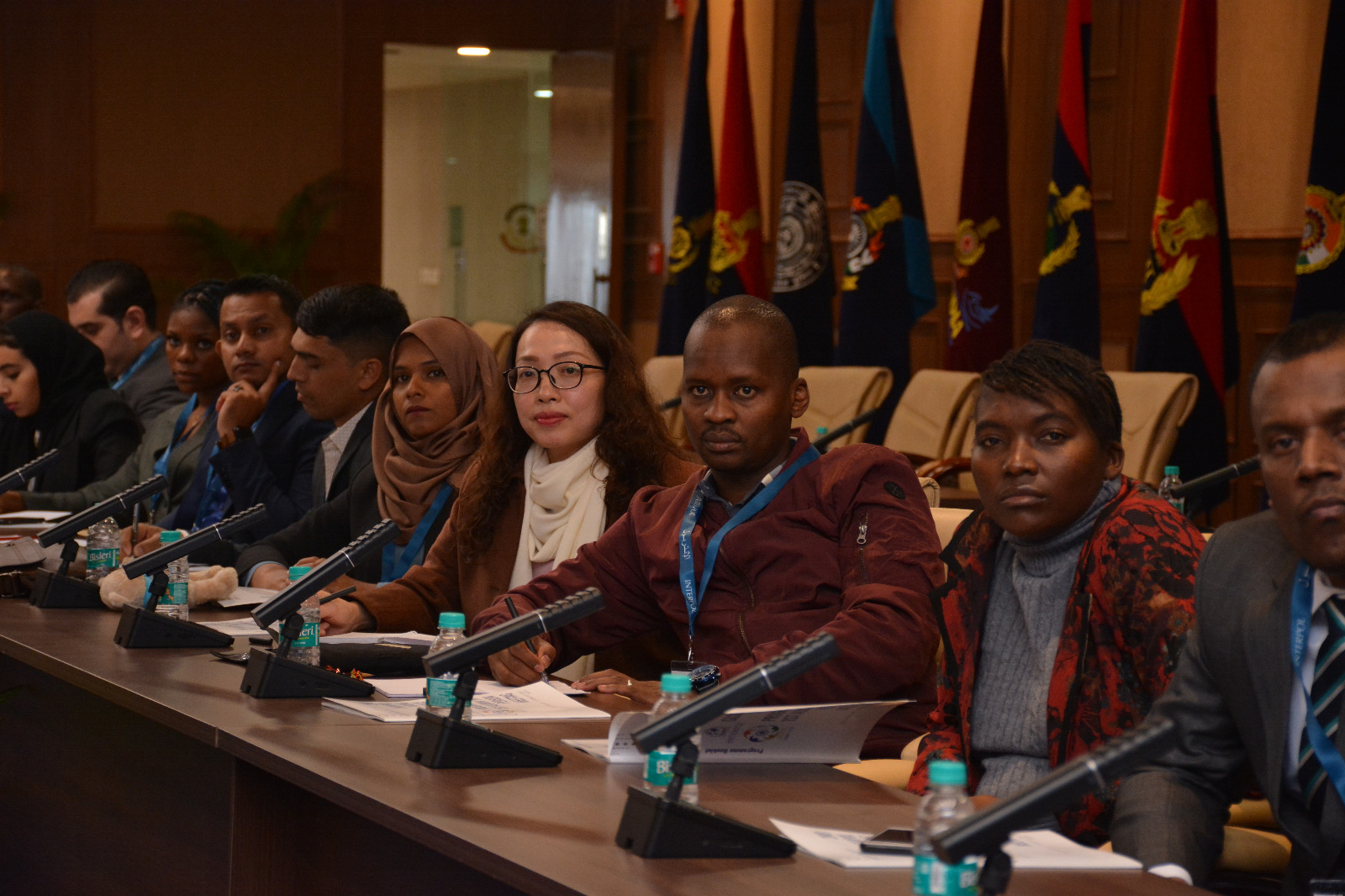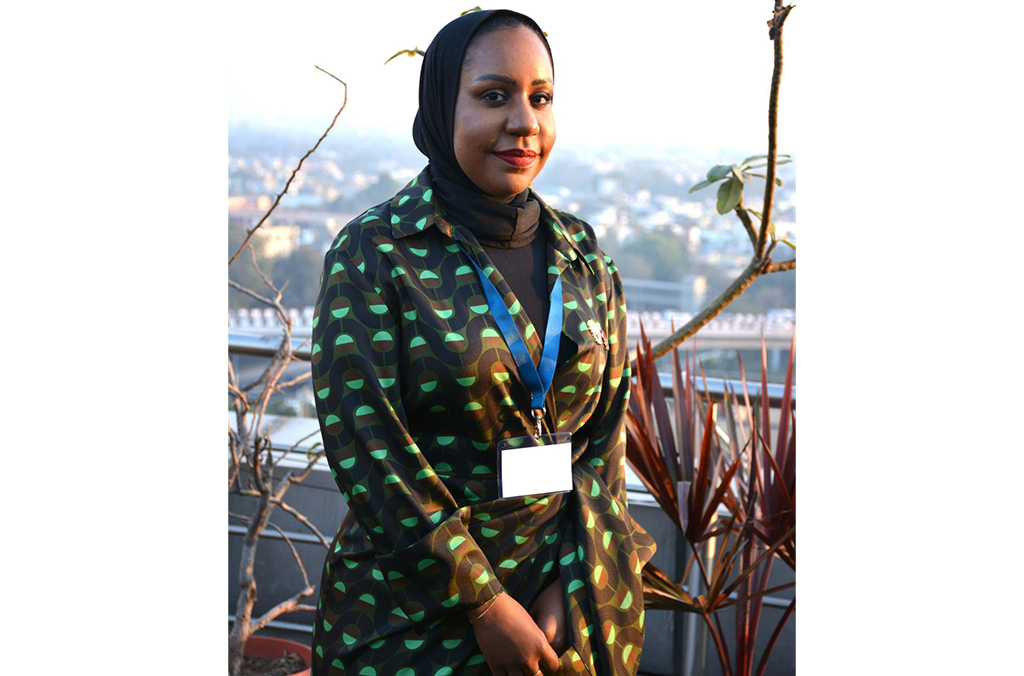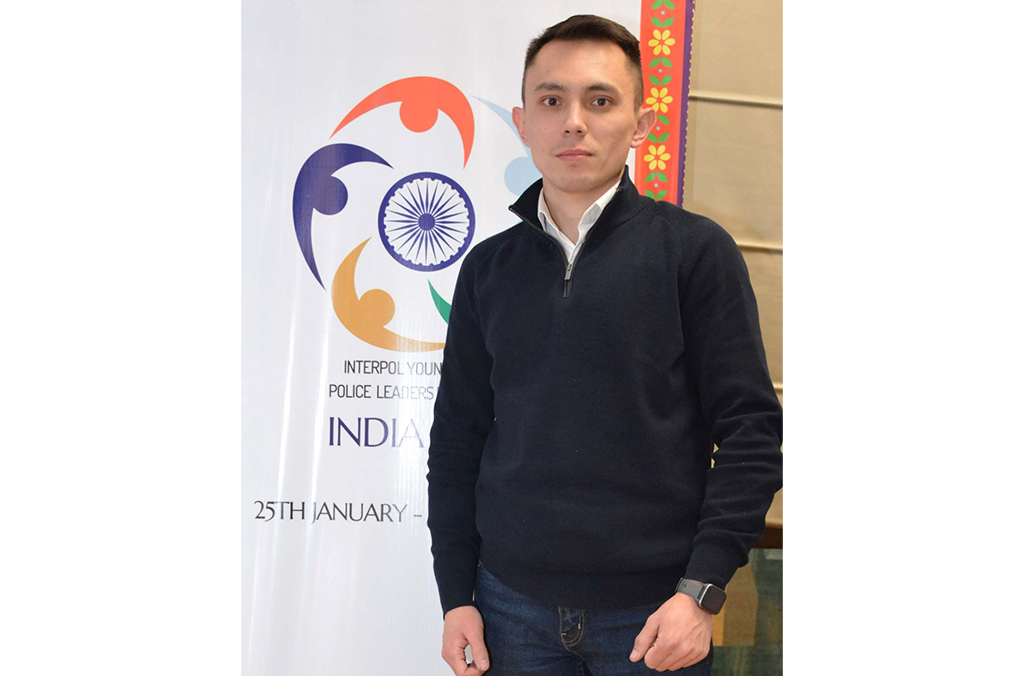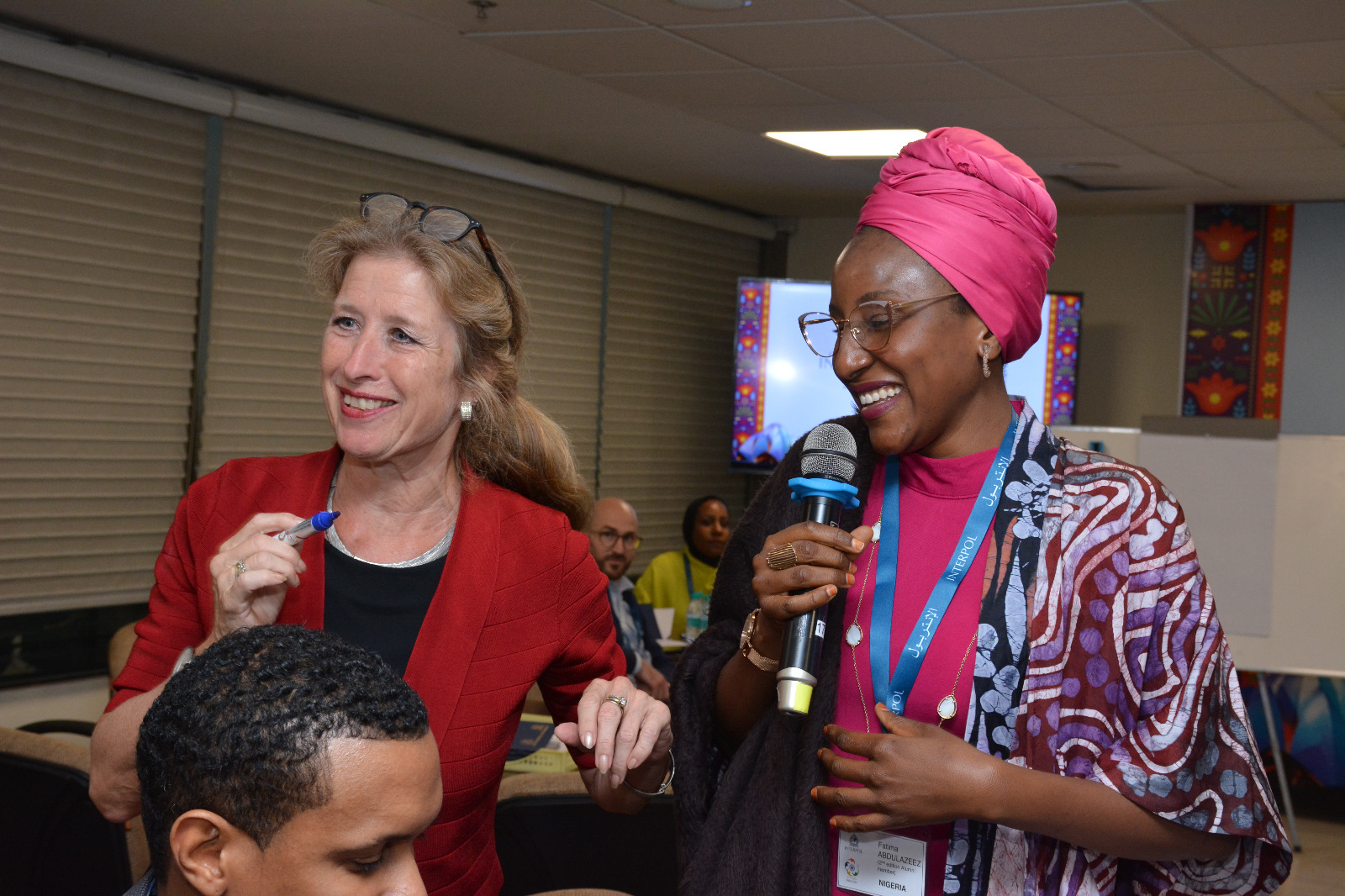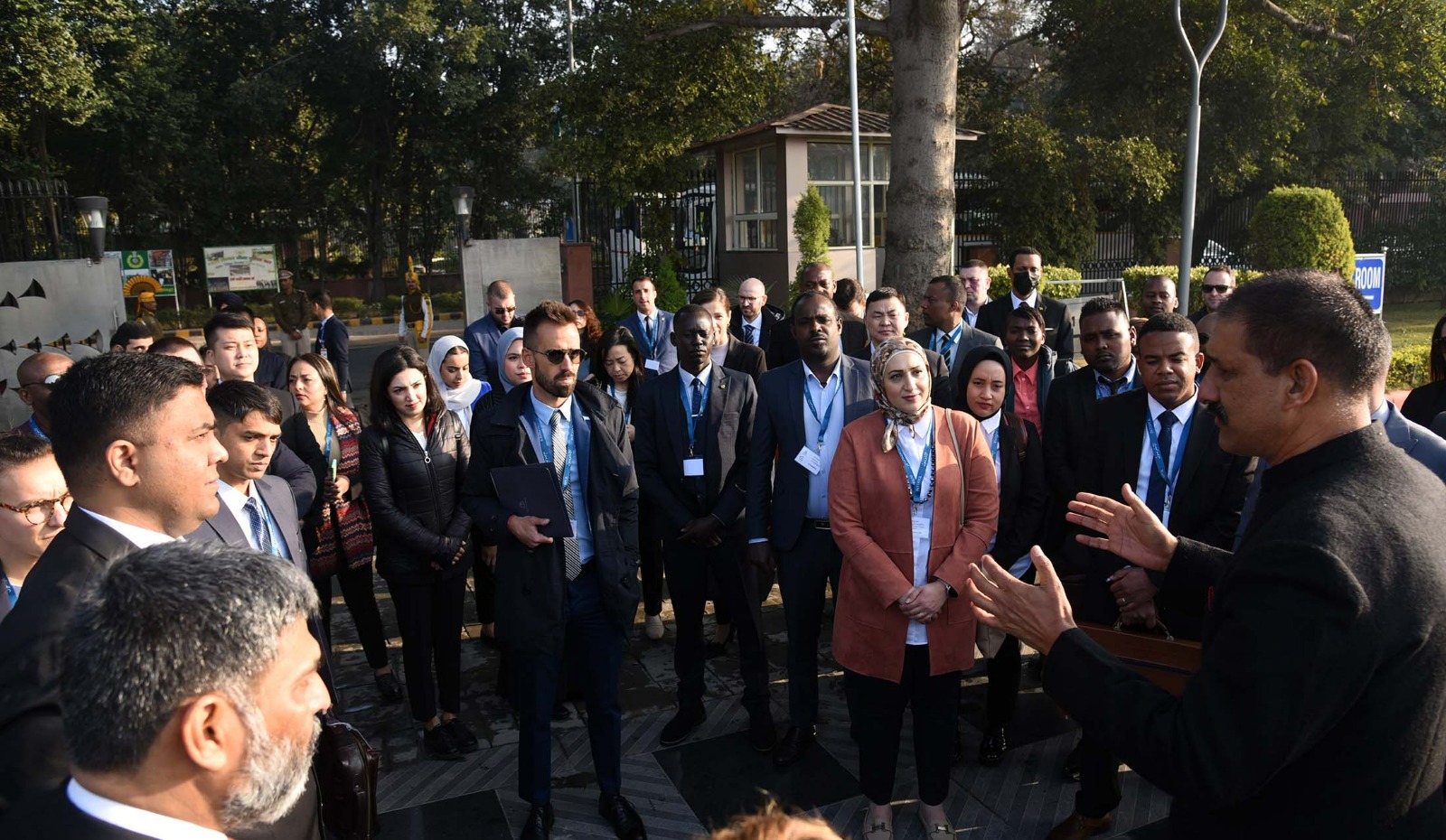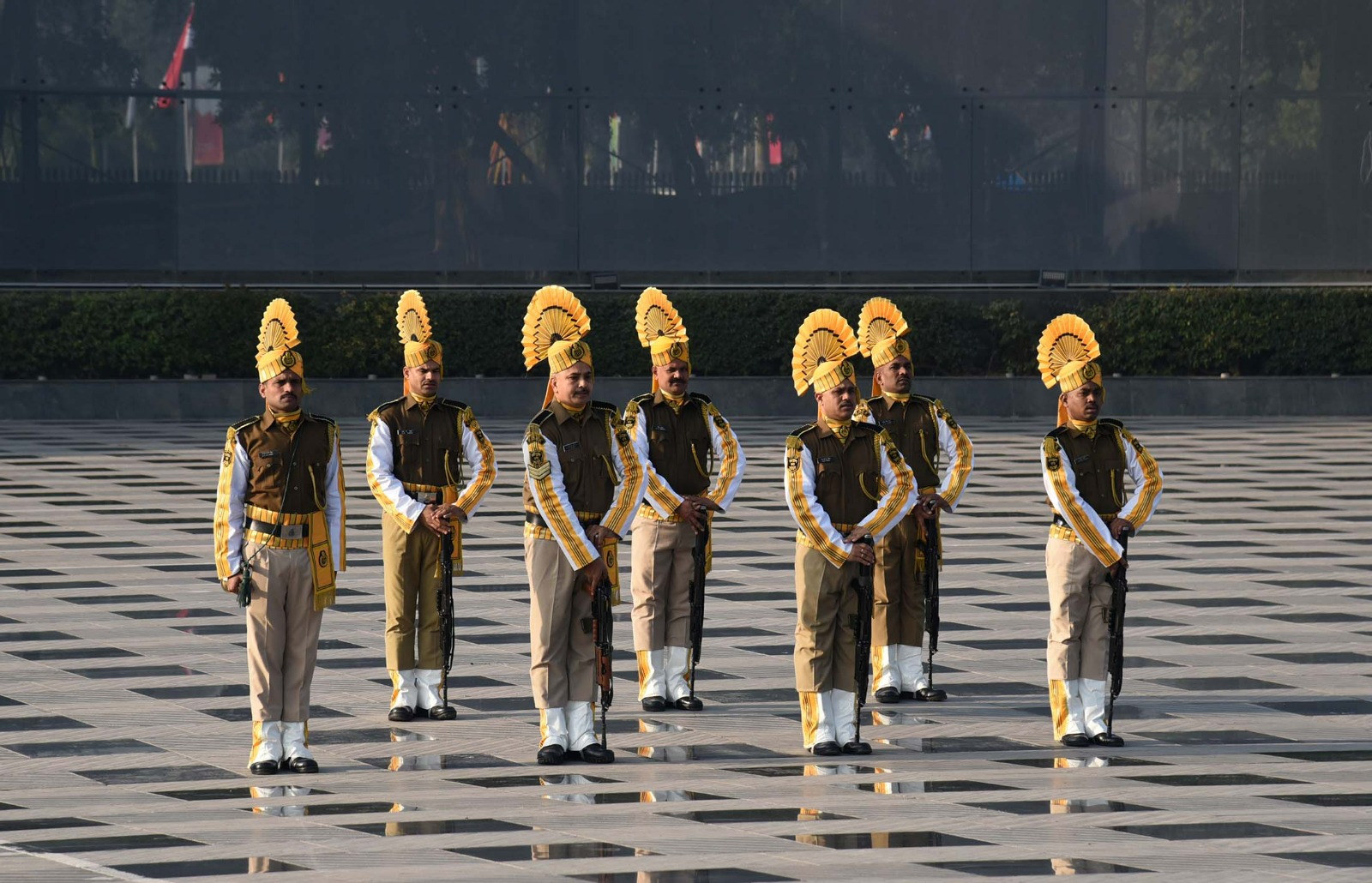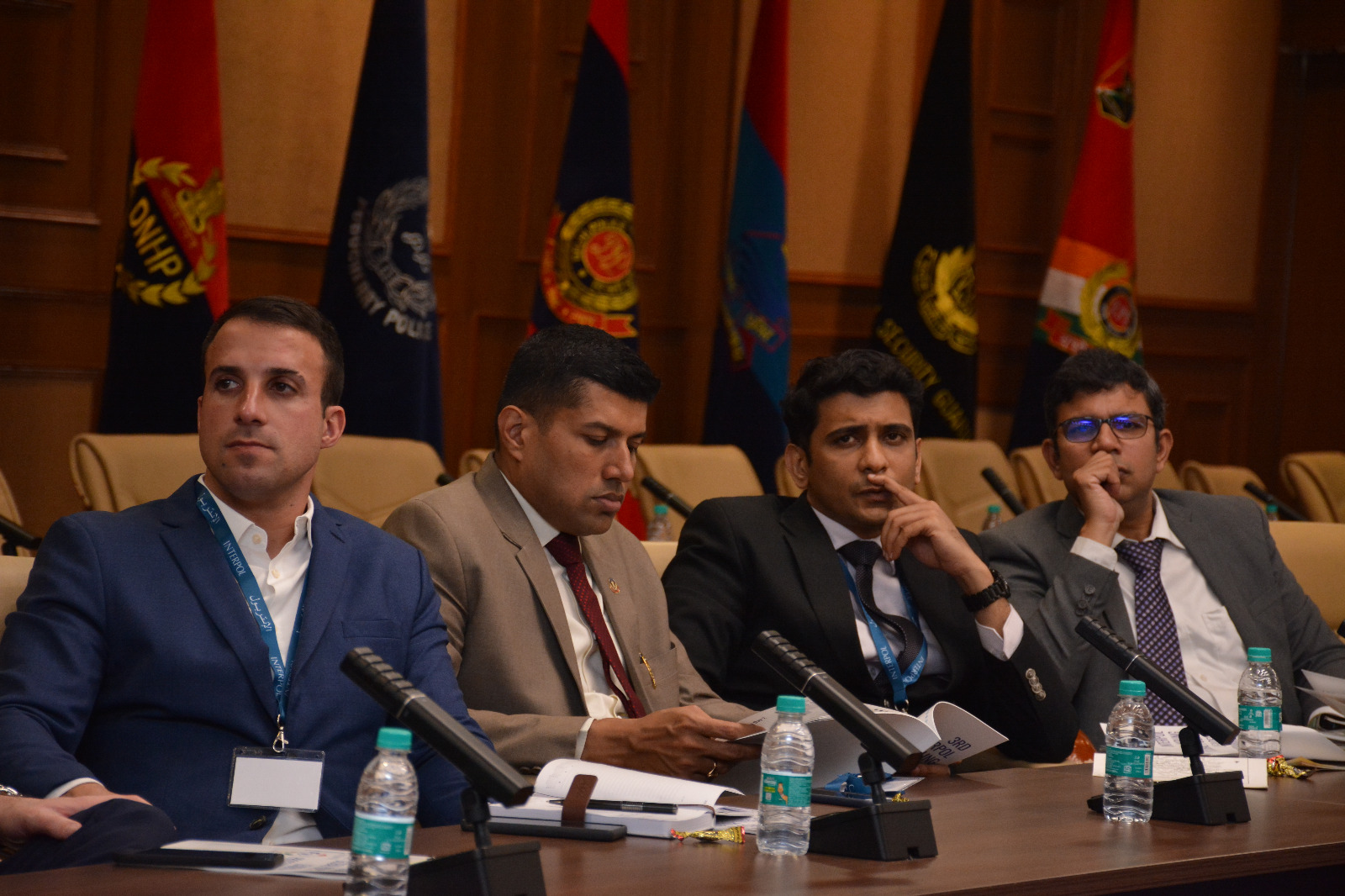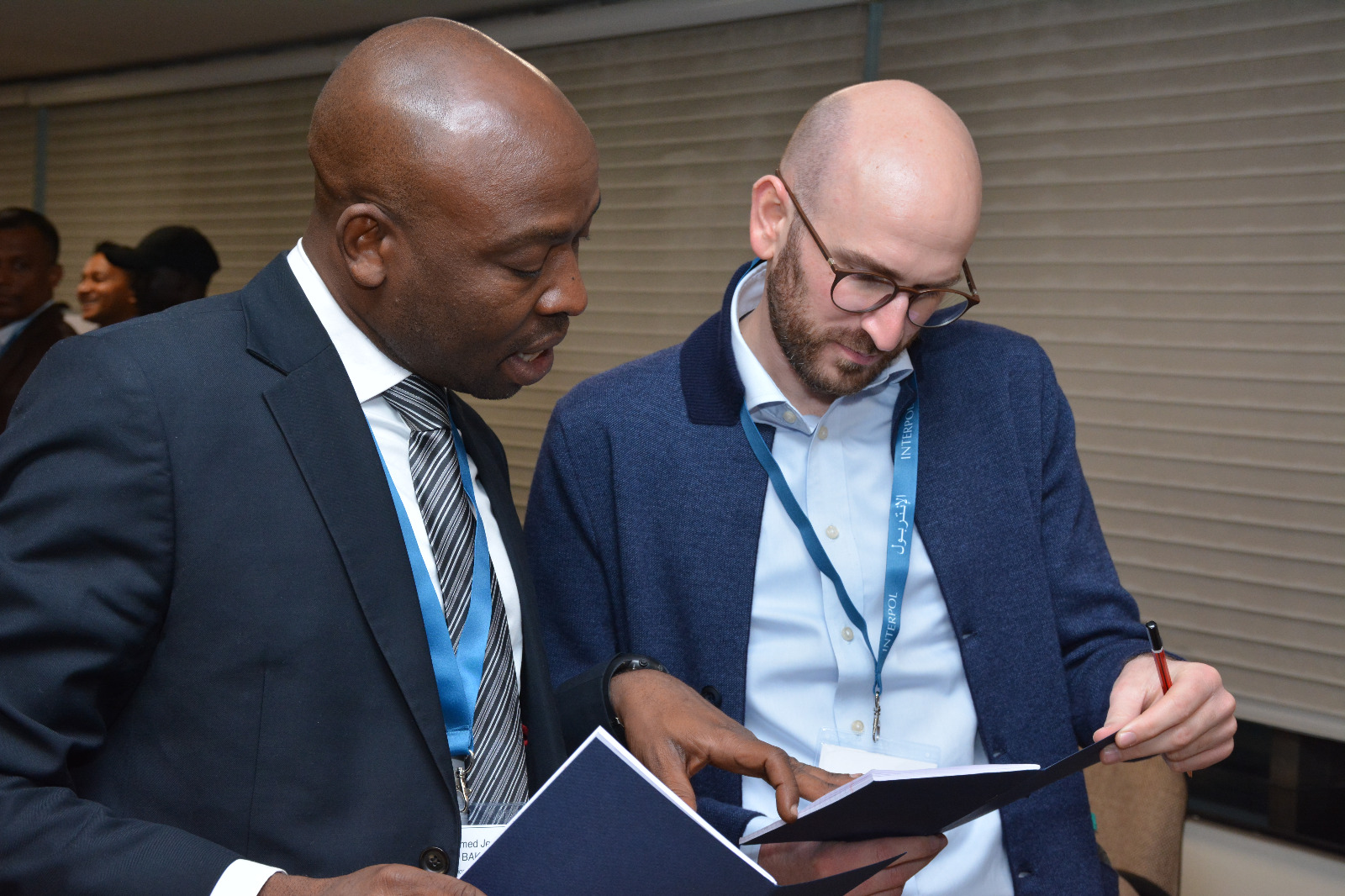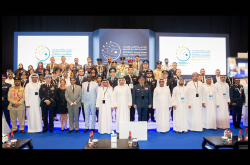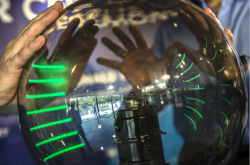NEW DELHI, INDIA: The next generation of law enforcement leadership gathered in New Delhi to kick off the third edition, and first alumni edition, of INTERPOL’s Young Global Police Leaders Programme (YGPLP).
Established in 2019, the YGPLP brings together a select group of aspiring young law enforcement officials to explore emerging trends in policing and provide them with mentoring from experienced senior officers and qualified experts.
This year, participating coaches include Sigríður Björk Guðjónsdóttir, National Police Commissioner of Iceland, Krista Aas, Deputy Director General of the Estonian Police and Border Guard Board, and Nick Evans, Acting Assistant Director for Innovation and Research at the Australia New Zealand Policing Advisory Agency.
Central to the intensive and interactive discussions taking place over nine days (25 January - 2 February) was the issue of building and maintaining trust in the midst of digital disruption.
“International police cooperation must be based on clear rules, but trust is an important basis for much of the work that INTERPOL facilitates every day,” said Secretary General Jürgen Stock in his remarks to the young leaders in New Delhi.
“As the digitalization and globalization of crime increases, this trust between law enforcement in different countries has become more vital than ever – because no one nation can effectively combat a borderless threat on its own,” added Secretary General Stock.
“Recently, the entire global police community was in India for the 90th INTERPOL General Assembly,” said Subodh Kumar Jaiswal, Director of India’s Central Bureau of Investigation (CBI). “Continuing this theme, the Young Global Police Leaders Programme is an inspirational platform and I believe that the rich professional capacities, innovations and best practices developed by police in India can be a template for other countries to emulate.”
Technological breakthroughs
As part of its Global Horizon Scan, INTERPOL has been examining how trust is evolving in a digital age, with research and insights developed by the Organization’s Innovation Centre serving as a basis for discussions in India.
Emerging technological breakthroughs in areas such as neuro-imaging software and synthetic media (or ‘deepfakes’) constitute new potential tools to mass generate false information, making it more difficult for authorities to communicate and build trust.
In the YGPLP’s opening sessions in New Delhi, participants heard from experts on how to effectively maintain trust in such an environment before working together to propose solutions based on experiences in their own countries and administrations.
Global network, actionable results
The Programme has helped participants develop a global professional network across law enforcement in over 40 countries. Alumni from the two previous YGPLP events were also invited to India, further strengthening a network that has already delivered actionable results for their national agencies.
“I am not the same person that I was when I first attended the YGPLP,” said Fatema Awad, Head of Branch at Bahrain’s Ministry of Interior and a third-year alumni present in India. “This programme has given us the confidence to propose innovative new solutions to our superiors back home and other alumni have helped us solve international cooperation issues in record time.”
“For a young police officer, the YGPLP opens you up to the world and gives you tools to face the future,” said Chingiz Kaiyrzhanov, a second-year alumni based in Kazakhstan’s INTERPOL National Central Bureau, based in the country’s Ministry of Internal Affairs. “Observing aspects of India’s approach to policing has already given me ideas that could inform how we work on a national level.”
After several days at CBI headquarters in New Delhi, YGPLP participants will be briefed by experts at the National Forensic Sciences University in Gandhinagar, Gujarat before ending their journey in Mumbai, where they will meet with city and state police officials.
A session on building trust and partnerships within communities after terrorist attacks will see participants hear from top police officials from Sri Lanka and Spain on their firsthand experiences in such crisis situations.
Learn more about the YGPLP on our website.




